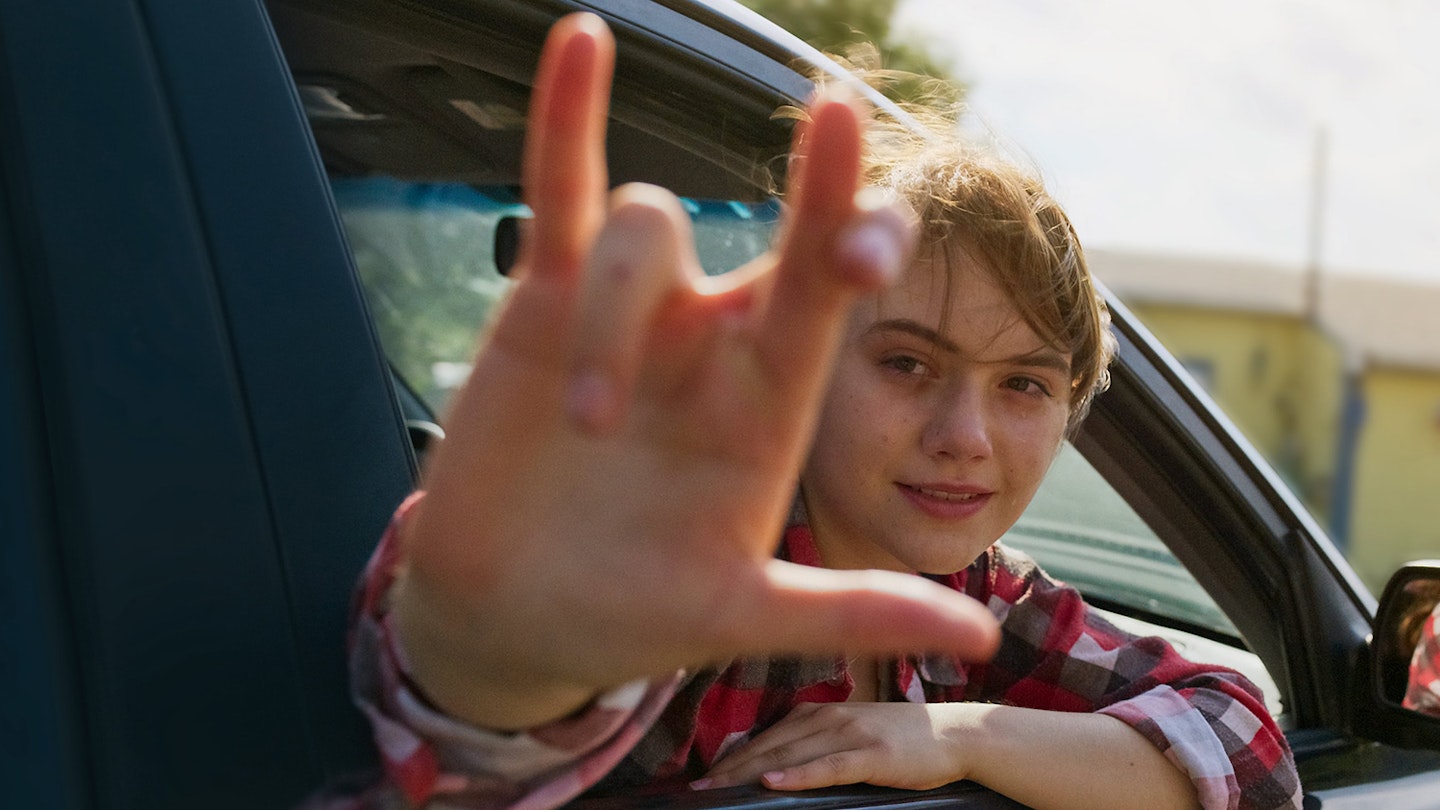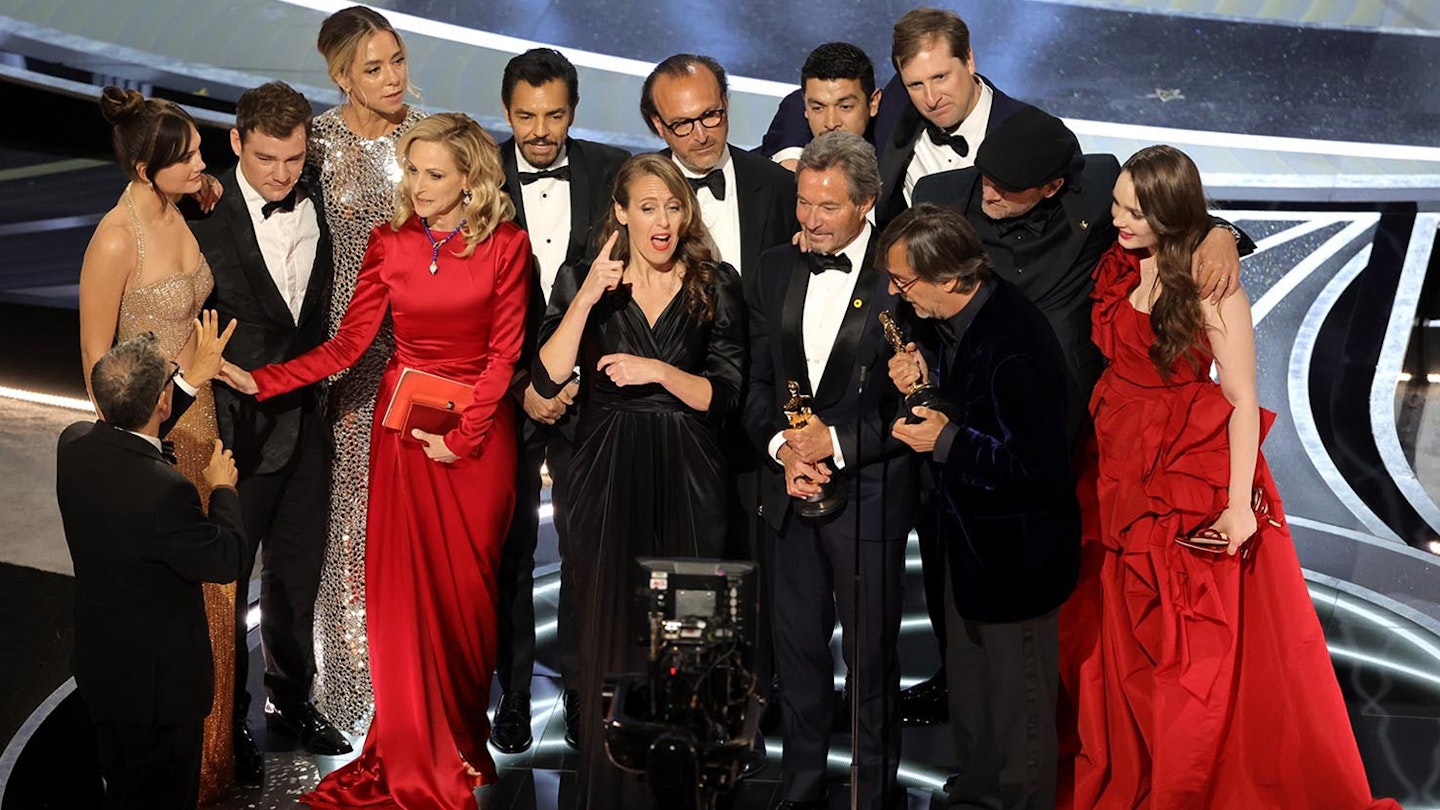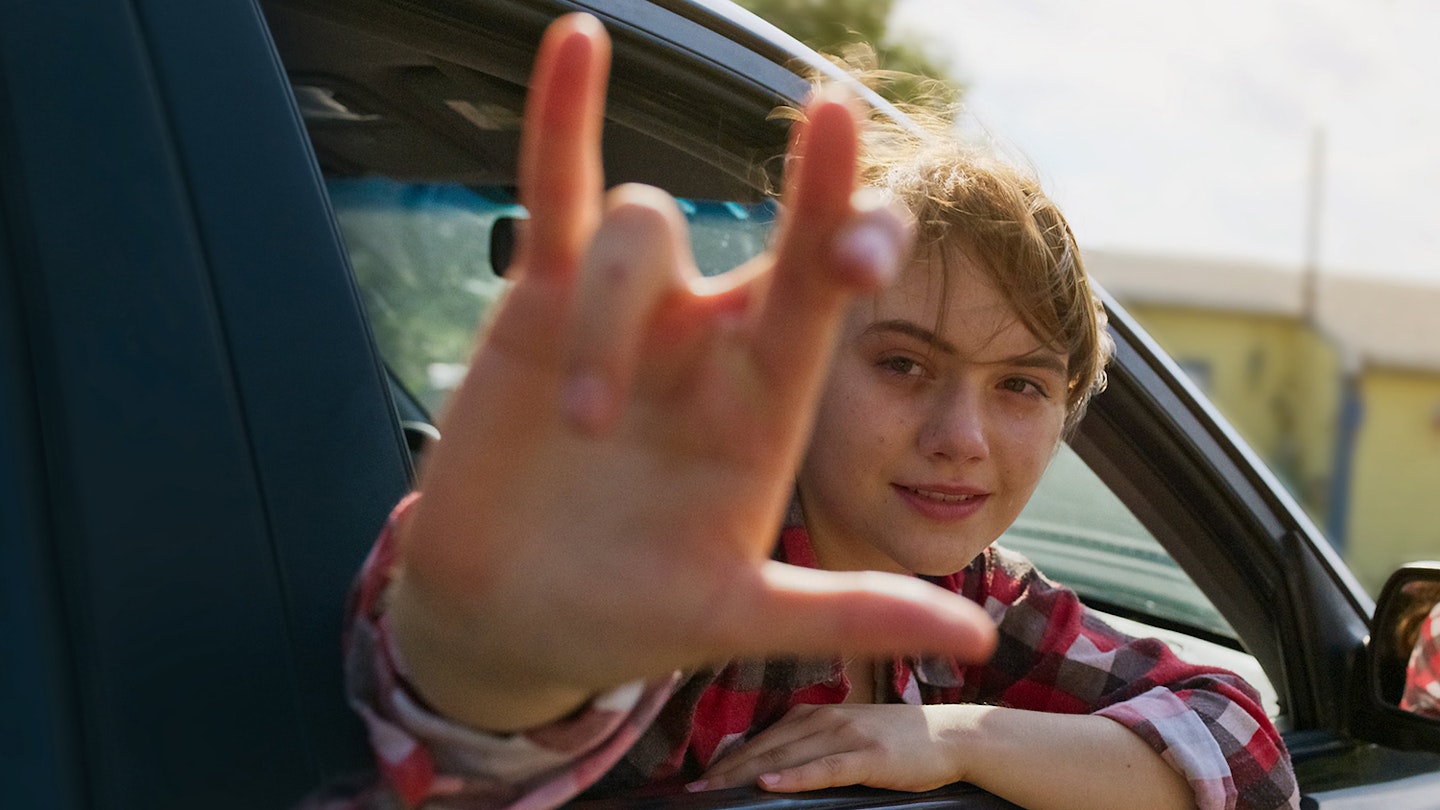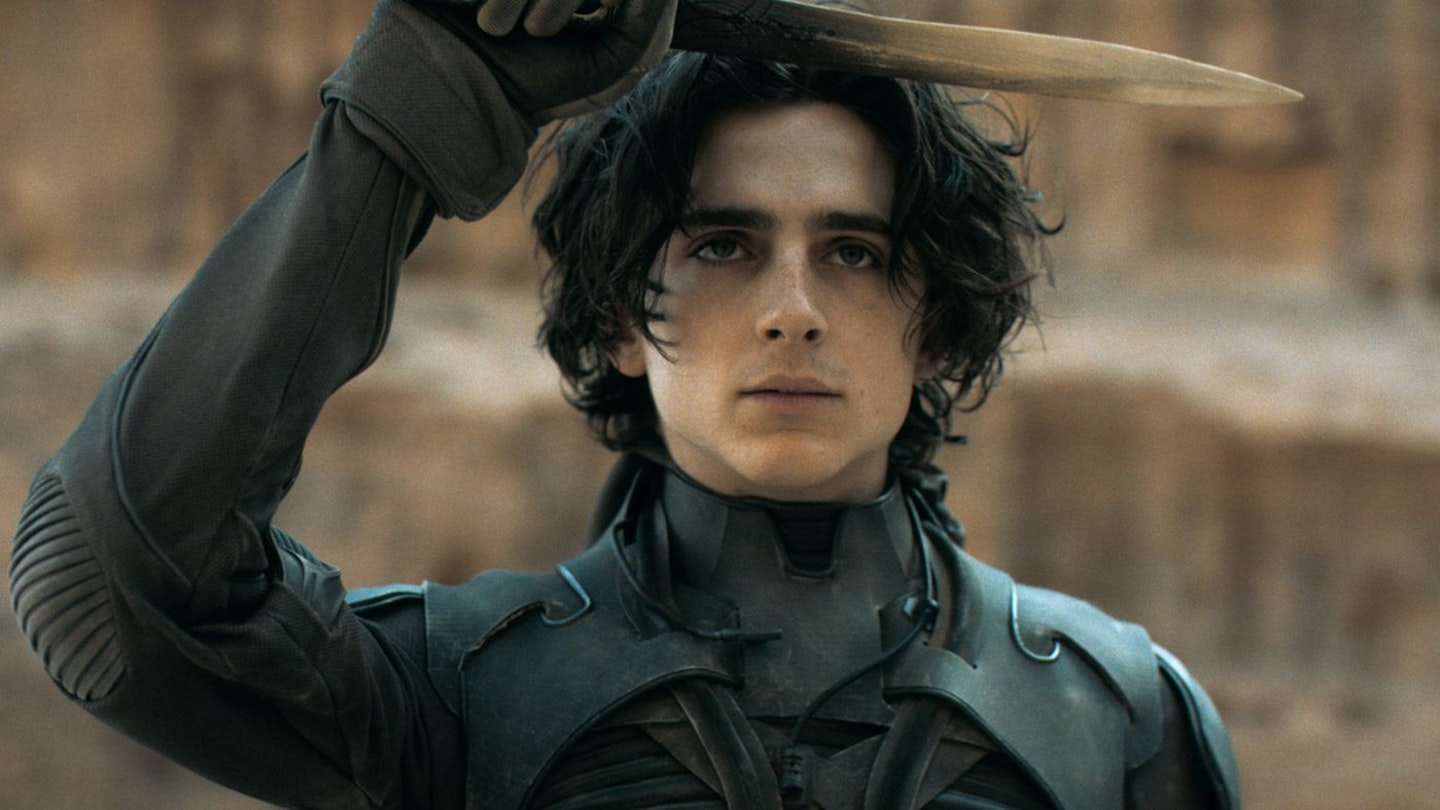If you were going to ask AI to come up with an identikit Sundance break-out hit, it might well be CODA. The winner of the festival’s 2021 US Grand Jury Prize: Drama (it subsequently sold to Apple TV for $25 million), writer-director Siân Heder’s film mixes up Sundance-favourite elements — family shenanigans, salty laughs, rough-hewn filmmaking, big dramatic beats, a feelgood ending — to winning, if not quite Little Miss Sunshine, effect. If it strays too close to the predictable, CODA tackles the realities of living with deafness with authenticity (the Deaf characters are played by non-hearing actors), empathy and heart.

The title is an acronym for Children Of Deaf Adults. The ‘child’ is Ruby Rossi (Emilia Jones, who learnt American Sign Language for the role), an ostracised teen helping her Deaf father Frank (Troy Kotsur) and brother Leo (Daniel Durant) during hardscrabble days working in the family fishing business in Gloucester, Massachusetts. When we first meet Ruby she is singing gospel on board the boat and, joining a school choir, it transpires she has a beautiful singing voice, so much so that music teacher Bernardo (Eugenio Derbez) recommends she try out for the prestigious Berklee College of Music.
There is a palpable sense of the ways deafness can bring a family closer together.
Based on the 2014 French flick La Famille Bélier, CODA proffers a familiar dynamic of family commitment versus following your dream. Heder works wonders with the family part, creating a textured, vibrant and thoroughly likeable clan. Kotsur is an earthy but caring dad with a penchant for hard rap and bad jokes (“Why do farts smell?” “So Deaf people can enjoy them too”); Matlin as mom Jackie is not above guilt-tripping her daughter, but shares her fears about motherhood in an effective late-in-the-day scene; Durant as forever-on-Tinder brother Leo neatly evinces the frustrations of being older but less trusted than his kid sister. Scenes at the dinner table are lively, Heder making a fun use of signing-with-subtitles for comedic effect (“Twat Waffle” is a particular highlight) and there is a palpable sense of the ways deafness can bring a family closer together.
The film is on less convincing ground when it focuses on Ruby pursuing her dreams. Derbez’s Bernardo, Ruby’s music mentor, is an ersatz caricature, a well-tailored cardigan dropping one-liners and supporting-character lovability. The story beats are well worn here — will Ruby miss rehearsals over translating for her family? Will she fall for choir partner Miles (Sing Street’s Ferdia Walsh-Peelo)? — but you are carried along by Jones’ performance. She gives Ruby vulnerabilities, warmth and a spark to make you care for the character’s well-worn dilemmas, suggesting both the weight of responsibility she carries and her need to find her own place in the world. By the time she comes to the inevitable big sing-off, it’s a hard heart that isn’t moved by her performance, cinema’s biggest use of Joni Mitchell since Love Actually.






